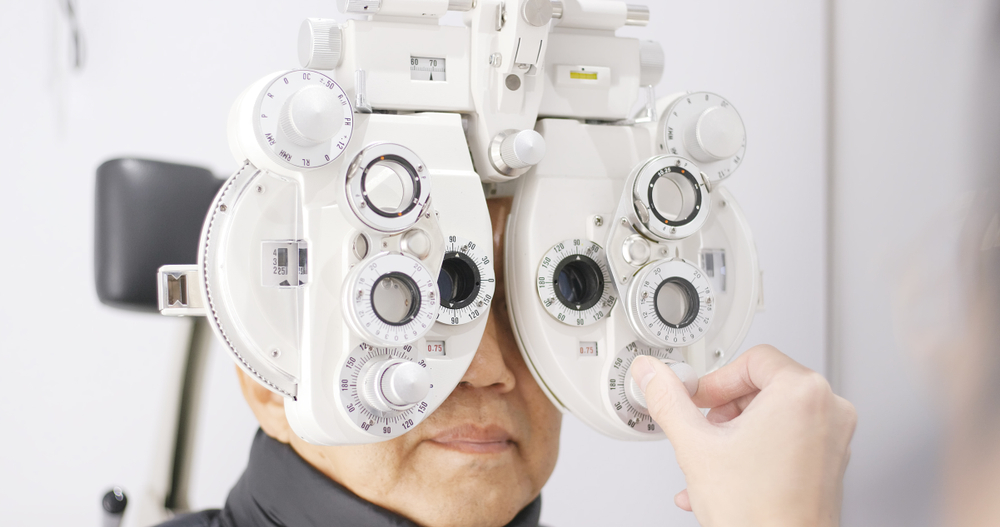
The Critical Role of Regular Eye Exams in Detecting Diabetic Retinopathy: Protecting Vision in Diabetic Patients
As someone living with diabetes, it's crucial to understand the impact this condition can have on your overall health, including your vision. Diabetes can lead to a range of eye-related complications, one of the most serious being diabetic retinopathy.
Understanding Diabetes and Its Effects on the Eyes
Diabetes is a chronic condition that affects the body's ability to regulate blood sugar levels. Over time, high blood sugar can damage various organs, including the eyes. One of the most common eye-related complications of diabetes is diabetic retinopathy, a condition that affects the delicate blood vessels in the retina, the light-sensitive tissue at the back of the eye.
When diabetes is not well-controlled, the high blood sugar levels can cause the blood vessels in the retina to weaken, swell, and leak. This can lead to the growth of new, abnormal blood vessels, which can further damage the retina and impair vision. In the early stages, diabetic retinopathy may not present any noticeable symptoms, making regular eye exams crucial for early detection.
What is Diabetic Retinopathy and How Does It Develop?
Diabetic retinopathy is a progressive eye disease that can occur in individuals with both type 1 and type 2 diabetes. The condition typically develops in stages, with the earliest stage being known as non-proliferative diabetic retinopathy (NPDR). In this stage, the blood vessels in the retina begin to weaken and leak, causing swelling and the formation of small, abnormal growths.
As the condition progresses, it can advance to the more severe stage of proliferative diabetic retinopathy (PDR). In this stage, the retina responds to the lack of oxygen by growing new, abnormal blood vessels. These new vessels are fragile and can easily bleed, leading to scar tissue formation and the detachment of the retina, which can ultimately result in vision loss. Without proper management and treatment, diabetic retinopathy can lead to devastating consequences, including blindness.
The Importance of Regular Eye Exams in Early Detection of Diabetic Retinopathy
Regular eye exams are the key to early detection and management of diabetic retinopathy. The early stages of the condition may not present any noticeable symptoms, making it difficult for individuals to recognize the problem on their own. By scheduling routine eye exams with an optometrist, you can ensure that any changes in your eye health are identified and addressed promptly.
During a comprehensive eye exam, your optometrist will use specialized imaging techniques, such as fundus photography and optical coherence tomography (OCT), to closely examine the blood vessels and structures in your eyes. These advanced diagnostic tools can detect even the earliest signs of diabetic retinopathy, allowing your optometrist to develop a personalized treatment plan to help preserve your vision.
Early detection is crucial because it enables your optometrist to implement appropriate interventions, such as managing blood sugar levels, prescribing medications, or recommending laser treatments, before the condition progresses to more advanced stages. By taking proactive steps to protect your vision, you can significantly reduce the risk of vision loss and maintain your quality of life.
Schedule Your Eye Exam with DaVinci Eye Care Today
As someone living with diabetes, it's crucial to prioritize the health of your eyes and take proactive steps to protect your vision. Regular eye exams with an optometrist are the key to early detection and effective management of diabetic retinopathy, a serious eye condition that can lead to vision loss if left untreated.
Don't wait until it's too late! Schedule your comprehensive eye exam with DaVinci Eye Care today to safeguard your vision. Contact our office in Warminster, Pennsylvania, by calling (215) 443-8580 to book your appointment and take the proactive step towards preserving your vision and eye health.







